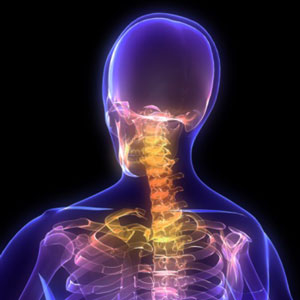 Living with neuropathy can be a challenging and painful experience. The weakened nerves in the hands and feet often lead to discomfort, numbness, and tingling sensations. However, there is hope in finding relief through chiropractic care at First State Health & Wellness.
Living with neuropathy can be a challenging and painful experience. The weakened nerves in the hands and feet often lead to discomfort, numbness, and tingling sensations. However, there is hope in finding relief through chiropractic care at First State Health & Wellness.
Understanding Neuropathy and Its Common Causes
Neuropathy, characterized by nerve damage, can stem from various underlying conditions such as diabetes, autoimmune diseases, infections, tumors, bone marrow disorders, hypothyroidism, alcohol abuse, medications, repetitive injuries, and low vitamin levels. This condition affects the peripheral nervous system, impacting sensation, motor skills, and overall quality of life.
Diagnosing Neuropathy
When it comes to diagnosing neuropathy, there are several test used determine the extent of nerve damage. These tests include biofeedback, CT scans, EMGs (electromyography), and MRIs (magnetic resonance imaging). We do refer out of the clinic for some of these tests. Proper diagnosis is crucial for developing an effective treatment plan.
How Chiropractic Can Help
Relieving Pain and Discomfort: Chiropractic care offers a holistic approach to managing neuropathy symptoms. Through spinal adjustments and manipulations, chiropractors can alleviate pressure on the nerves, reducing pain, numbness, and tingling sensations.
Enhancing Nerve Function: Chiropractic treatments aim to improve nerve function by addressing misalignments in the spine. Restoring proper alignment can enhance nerve signaling, allowing for better communication between the brain and peripheral nerves.
Complementary Therapies: In addition to spinal adjustments, chiropractors may incorporate other therapies like physical therapy, acupuncture, and nerve stimulators to further promote healing and reduce neuropathy symptoms.
In addition to chiropractic care, acupuncture has also proved to be an effective therapy.
“We have patients who take a multi-modality approach to care, and they swear by acupuncture,” says Dr. Erik Camac. “Not to mention, it’s relaxing!”
Lifestyle Adjustments for Optimal Management
While chiropractic care is beneficial, incorporating healthy lifestyle adjustments can significantly enhance the effectiveness of treatment. These adjustments may include:
Balanced Diet: Eating a nutritious diet rich in vitamins and minerals can support nerve health. Foods high in B vitamins, such as leafy greens, whole grains, and lean proteins, can contribute to nerve regeneration and overall wellness.
Regular Exercise: Engaging in moderate exercise helps improve blood circulation and reduces inflammation. It also aids in maintaining a healthy weight, reducing the stress on nerves and joints.
Injury Prevention: Avoiding repetitive tasks or motions that place excessive strain on nerves can help prevent further damage. Proper ergonomics and workplace modifications may be necessary to mitigate the risk of repetitive injuries.
